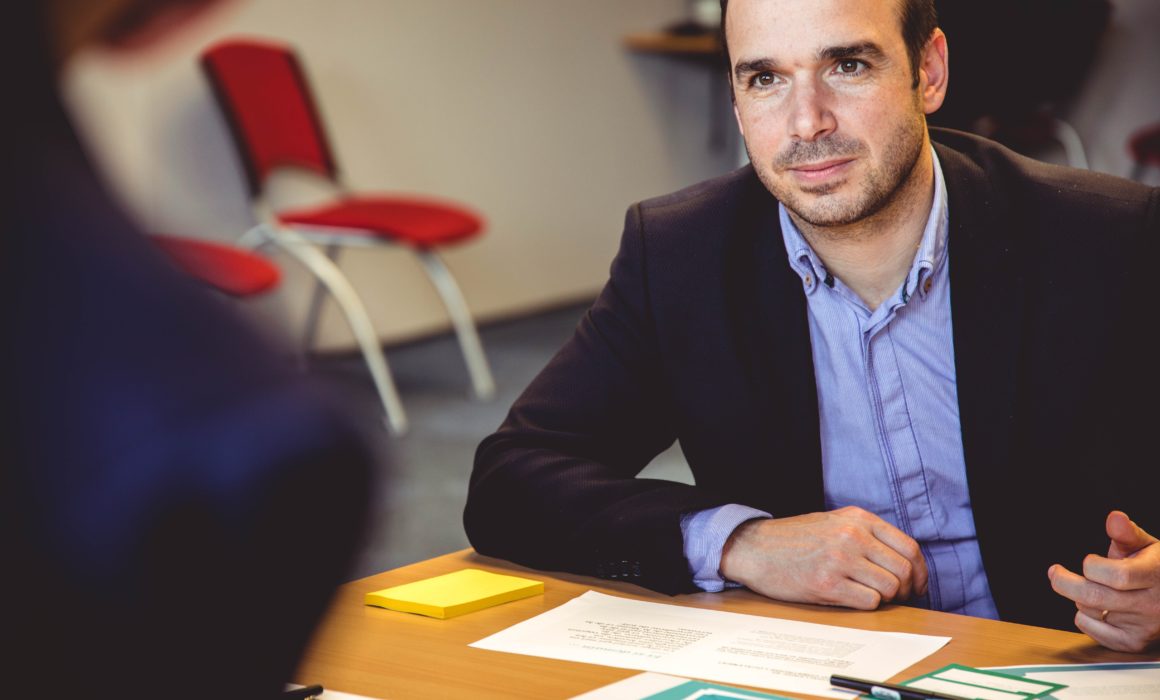6 tips for your next job interview

Feeling nervous about your interview? You’re not alone. Trying to sell yourself can be hard, especially when it’s for a role you have your heart set on.
We’ve put together a simple “top tips” list on how you can nail your interview and site visit.
Research the company and role
Whether you have Cormac Consulting representing you or have applied directly, find out as much as you can about the company and role.
If you applied directly, scan their website, news articles, services, and team pages to get a good idea of the company. Flick through their social media pages for posts that you can refer to in the interview, if given the chance. Know the job description to get a good idea of the role.
If you have a Cormac Consultant representing, you have an advantage. They work with the company recruiting and can ask more in-depth questions about the role to help you prepare.
This preparation shows you are thorough, organised, and eager. All positive attributes when going head to head with other potential candidates.
Make a good first impression
Dress accordingly. If your interview is based in the corporate office, dress in corporate clothes. This means pants and shirt. Leave smart casual out of it.
For onsite interviews, prepare for site visits that require PPE. Most of the time PPE is provided, but steel cap boots will be your own. Taking some of your own PPE will add an aspect of organisation.
Plan your journey so you arrive on time. HINT – this is 5-10 minutes early. Introduce yourself with a firm handshake and eye contact.
Prepare for standard interview questions
The STAR method is a full proof way to structuring your answers to keep them brief but concise.
S is for Situation – Describe a situation relevant to the question.
T is for Task – A practical explanation of the task and what challenges you faced.
A is for Action – What actions did you take to overcome the challenges.
R is for Result – What was the result of your efforts? Include stats, figures to quantify your achievement.
Interviewers have generic questions that you can prepare for:
Why do you want the job?
Talk about opportunity, security, the ability to grow as an employee that will benefit the company. Keep it positive. DO NOT say, “because you hate your current job.”
What’s your greatest weakness?
This question is the most difficult to deal with if you haven’t prepared. A weakness is individual to the person and role. Choose a weakness that is not damaging or critical that could affect the new role. What the interviewer wants to hear is how you manage this weakness. What have you done or going to do to overcome this weakness?
Where do you see yourself in 5 years?
A good opportunity to talk about your own progression. Again, this is individual to you and where you are in your career, but interviewers want growth for its company and employees.
Give a practical example of how your experience and how it could help your potential role
Ever had a moment of pure genius that saved the company money or time? Overcome a health and safety concern with practicality? Dealt with uncontrollable subordinates that turned out to be good workers? Whatever the case, make sure it links to your research and how this example will benefit them.
Why should we hire you?
Another tricky one as we don’t like blowing our own trumpet. Some favourites include being hard working, passionate about the work, the company provides the opportunity you desire.
Prepare your questions for them
Interviewers will always ask this. This isn’t an opportunity for you to leave and get home earlier than expected. They want you to question the role, find out more, be inquisitive – it again shows a high level of interest in the role.
And you don’t have to wait for this question to come up. Ask questions throughout. This interview is to find out whether the job it right for you just as much as you’re right for them.
Confidence
It’s about confidence. Act like you have the role and that you’re in a strategy meeting, safety meeting, team briefing. This shows confidence and gives the interviewer a sense of you being in the position.
The “no-no” list
Do not:
Smoke before your interview;
Criticise your current employer;
Look untidy;
Turn up late;
Highlight any personal weaknesses;
Ask for any extreme requirements that are not necessary for the role.

